
My first memories of a vegetable garden are of large sunflowers (Helianthus annuus and cvs., annual) growing in our backyard when I was about five years old and my mom was working diligently to feed our growing family. A healthy and productive garden needs attention. In the midsummer, this involves keeping a watchful eye out to get our plants through the heat, unpredictable rains, and various pests that challenge us in the Midwest. Here are some maintenance tips to add to your summer garden to-do list to keep your edible plants healthy and productive.
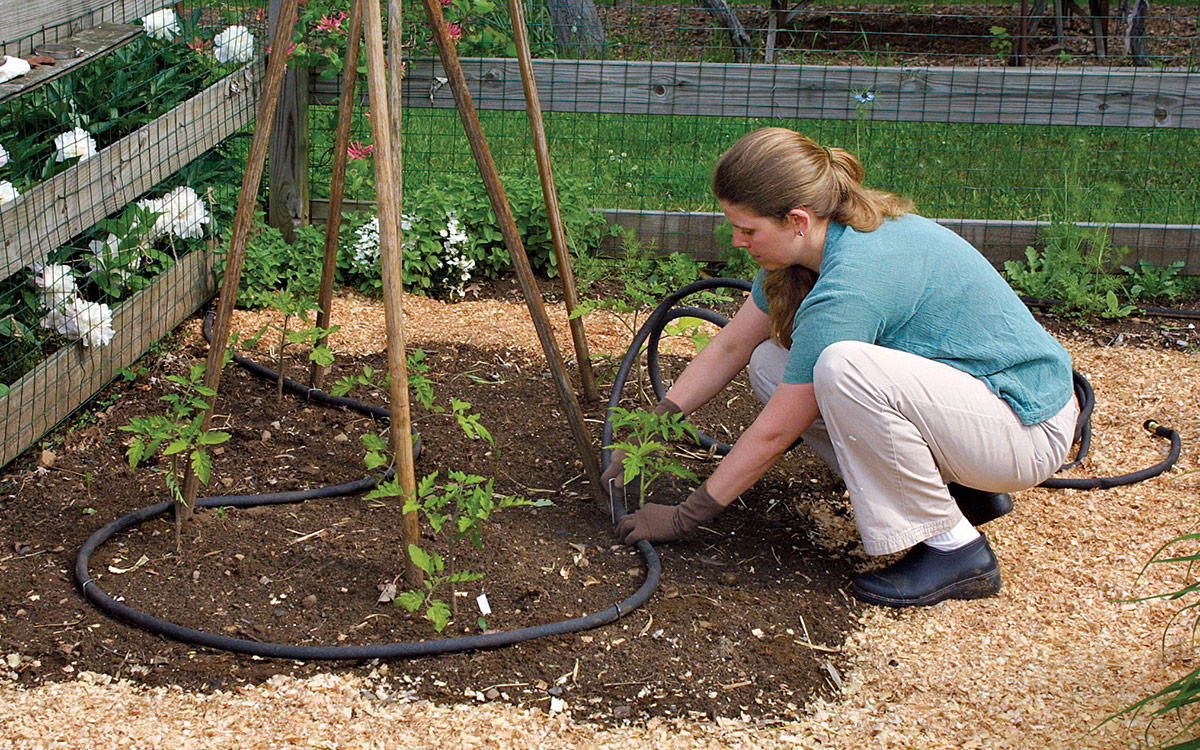
Give vegetable plants 1 to 2 inches of water each week
Providing an even amount of soil moisture for vegetable plants is a critical component to their success. The summer can be very hot and dry in the Midwest. Tomatoes and peppers are especially susceptible to problems without adequate water. Blossom end rot is common in both if they do not receive a weekly supply of 1 to 2 inches of water, whether by rain or irrigation. To encourage the plants to establish a deep root structure, a heavy soaking is best (instead of several light waterings). Soil moisture can also be regulated by establishing and maintaining a layer mulch (preferably organic) 2 inches deep or more. This has an added benefit of suppressing weeds. Reapply mulch as necessary to keep the soil covered.
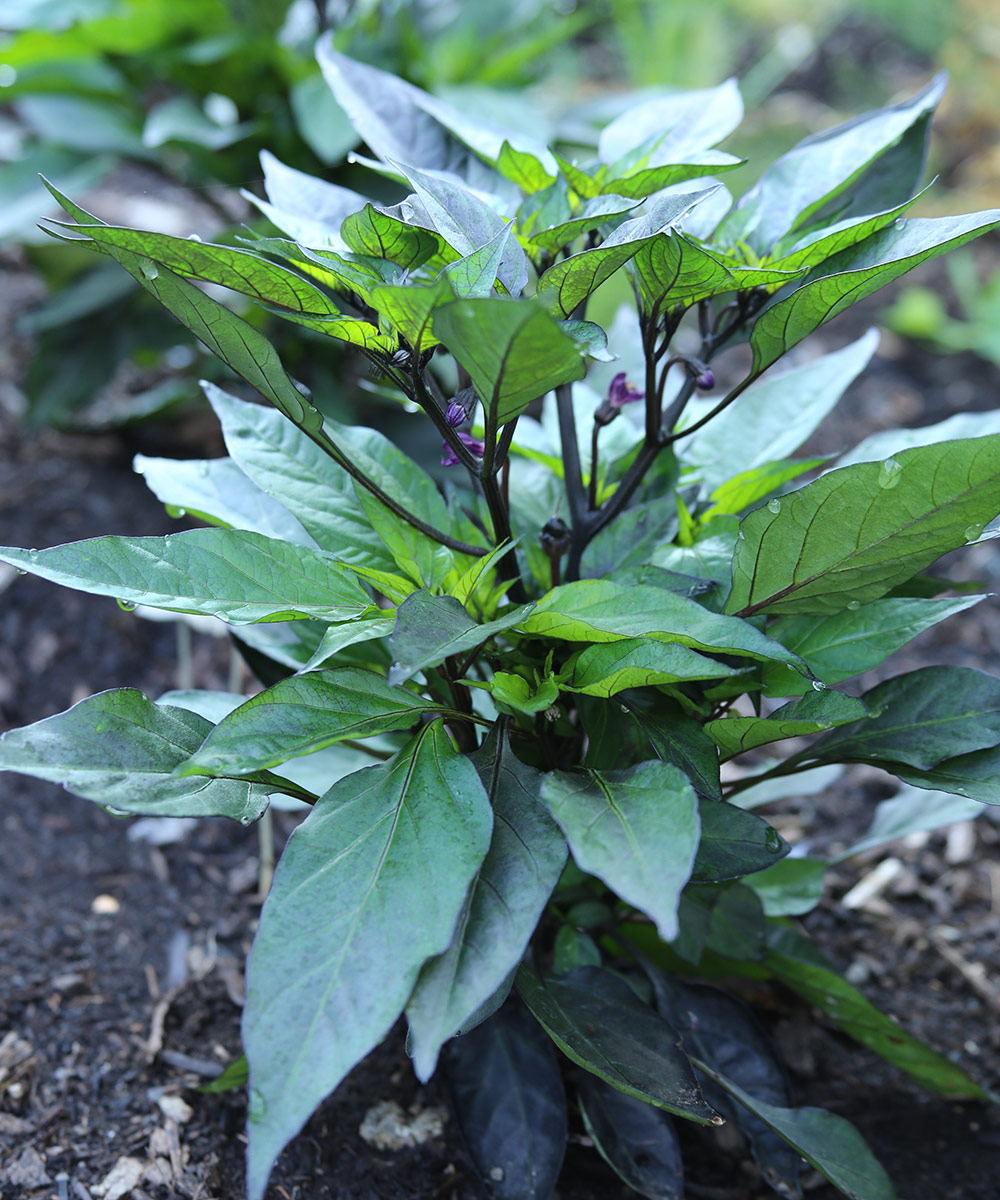
Keep foliage healthy to help minimize insect and disease problems
Insects and diseases have a habit of appearing in the heat of the summer. As plants become stressed by the hot summer environment, they are more susceptible to these problems. Be watchful and observant. Tomatoes, peppers, and other soft-skinned veggies can get sunscald if shaded portions of the fruit are suddenly exposed to sunlight. Keep the foliage healthy to help prevent this from occurring. Selectively prune leaves and stems to allow for good air circulation, and avoid overhead watering; crowded and wet foliage provides the optimum conditions for problems to set in.
Powdery mildew foliage disease typically rears its ugly head in June and July as a result of humid weather and poor air circulation. Copper fungicide is an effective organic control for this if management is deemed necessary. Clean up any diseased foliage debris, and continue to avoid overhead watering. Some varieties of plants are more susceptible than others, so don’t be surprised if powdery mildew appears in an irregular pattern.
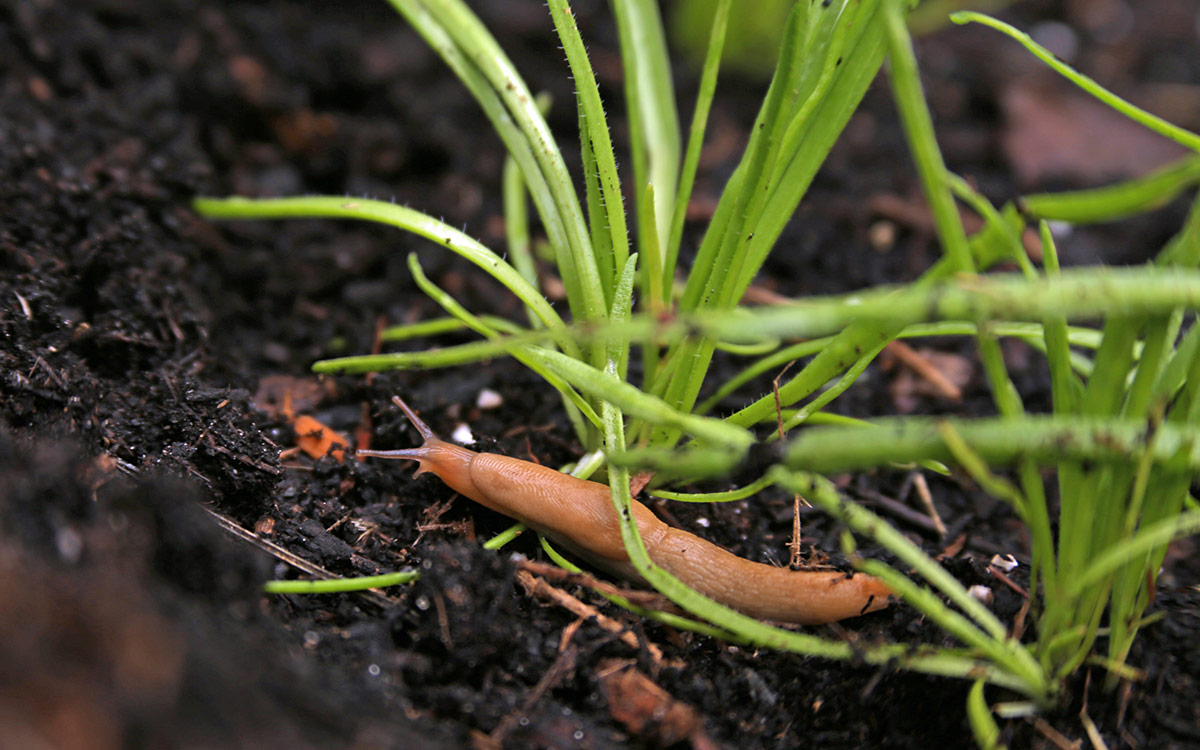
Use care when controlling problematic aphids, caterpillars, slugs, and snails
Aphids are a frequent problem for stressed plants. If you notice them early in low numbers, you can remove them from your plants with a strong spray of water from a garden hose. However, if a large infestation is present, controlling aphids with neem oil or an insecticidal soap are options to consider. Just be sure to follow the label as directed, and apply only when the temperature is cool, on a cloudy day or in the evening hours.
Worms and caterpillars can be a challenge for some vegetable plants. Be sure to identify any problematic worm or caterpillar before taking action to control them. You don’t want to harm beneficial insect larvae. If management is needed, Bt (Bacillus thuringiensis) is an option. It is a common soil-borne bacterium that is a popular organic pesticide toxic only to worms and caterpillars (not harmful to humans or animals). When using this method, be careful to avoid overspray, staying away from the host plants for monarch butterflies and any other endangered species. Even when you are using a natural pest control, thoughtful application is necessary so that beneficial insects are not harmed.
Slugs and snails are a frequent problem for strawberries and other large-leafed plants. Beer traps have a proven record of working to control slugs, as well as diatomaceous earth (DE)—a nontoxic, organic control—and of course you can just pick them off and dispose of them.
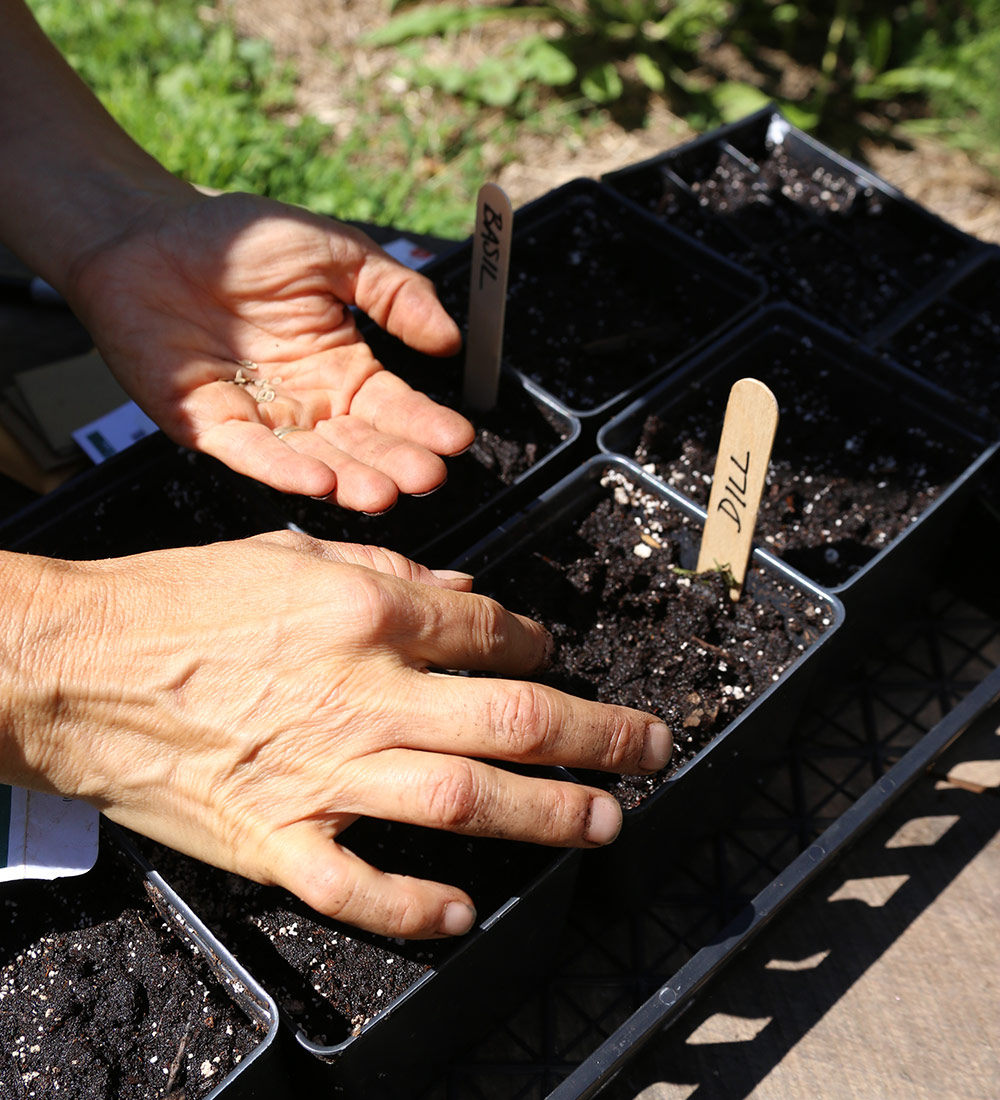
Sow additional seeds in July for a fall harvest
As you finish the harvest of your earliest plantings, it is now time to start a second crop for harvest in the fall. July is the prime time to sow the seeds for fall crops of radishes, bush beans, peas, carrots, beets, spring onions, lettuce, bok choy, kale, and cabbage. As the weather cools, you can add a crop of spinach (it’s just a bit too hot to start in July). I recommend keeping a notebook to track the performance of the varieties of vegetables you grow each year, as well as their location in the garden. Rotating your crop locations is important, and we can’t always rely on our memory when spring rolls around again.
Nurture your vegetable garden with homemade compost
If you don’t have a compost bin, now is the perfect time to get one started to create nourishing compost for your vegetable garden. There are several options on how to create compost. The simplest method is to purchase a ready-made compost bin unit, preferably one that is a tumbler, if you have a modest-size garden. An easy turning, dual-chamber unit will provide you with the quickest turnaround from plant debris to compost and take up the least amount of space. Alternatively, you can opt to create a compost pile that requires a bit more muscle to turn by hand with a pitchfork or shovel. Keep your composter or pile working optimally by turning it regularly, at least once a week, regularly adding organic material, and keeping the contents moist.
Midsummer is a busy time for gardening. Picking and enjoying what’s ready to eat, tending what’s to come, and sowing the seeds for the next harvest will keep one more than a little occupied. May you find joy in your vegetable garden, however large or small it may be.
—Marti Neely, FAPLD, owns and operates Marti Neely Design and Associates in Omaha, Nebraska.
Fine Gardening Recommended Products
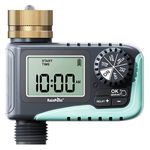
RAINPOINT Sprinkler Timer with Brass Swivel
Fine Gardening receives a commission for items purchased through links on this site, including Amazon Associates and other affiliate advertising programs.
- Built-in metal filter gaskets can prevent sediment and other larger particles
- Through the Sprinkler Timer program, you can set the start time, watering duration, and watering frequency
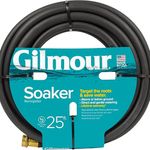
Gilmour 5/8" x 25' Round Weeper Soaker Hose
Fine Gardening receives a commission for items purchased through links on this site, including Amazon Associates and other affiliate advertising programs.
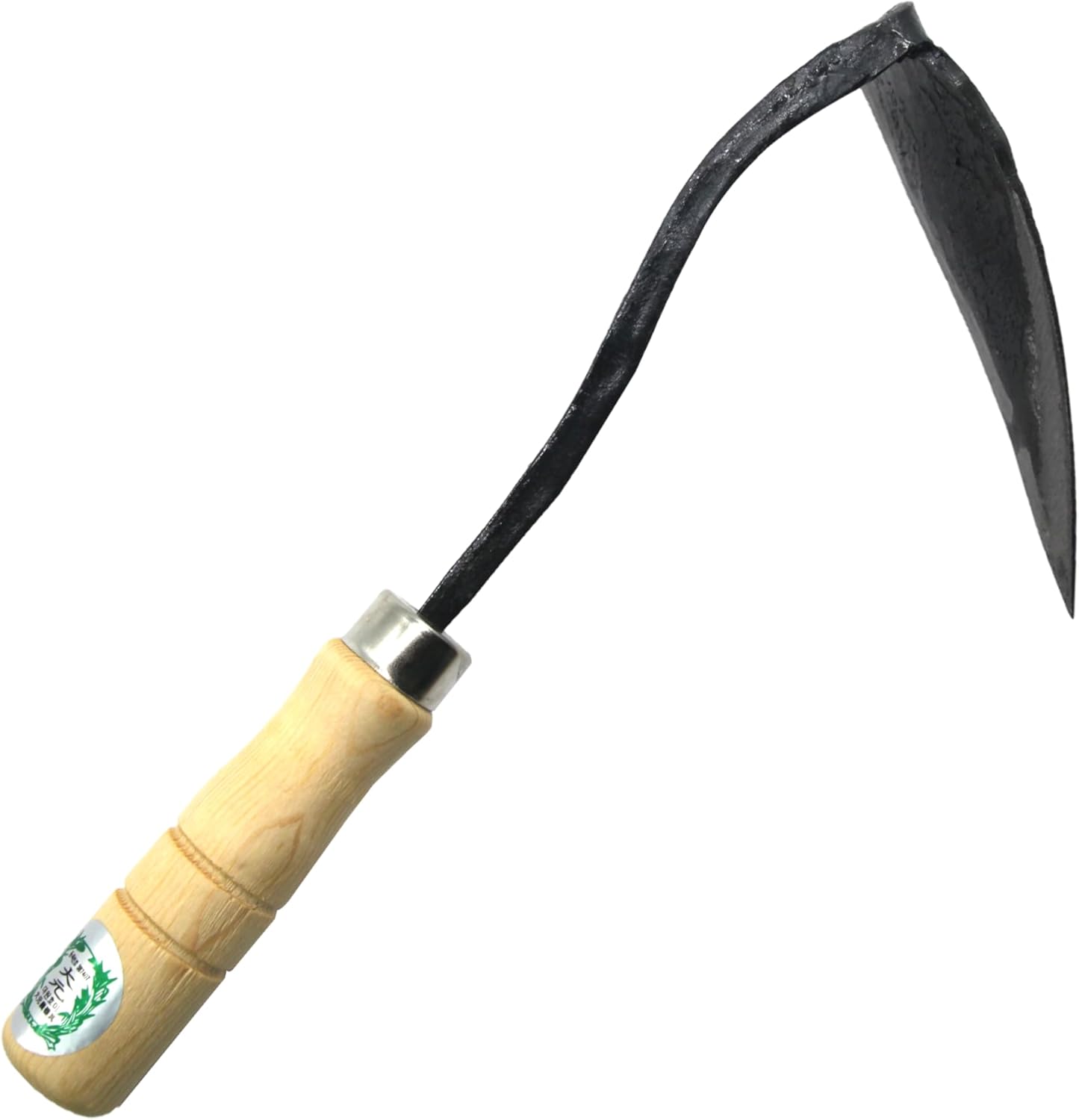
Ho-Mi Digger - Korean Triangle Blade
Fine Gardening receives a commission for items purchased through links on this site, including Amazon Associates and other affiliate advertising programs.




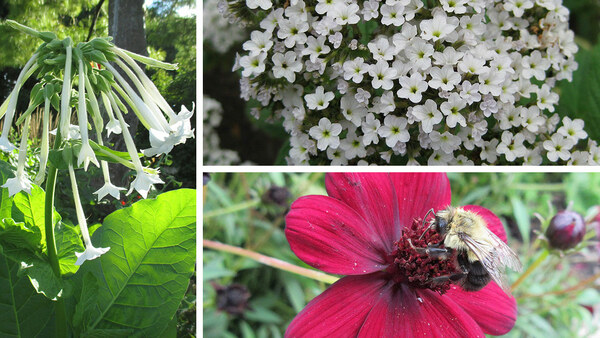
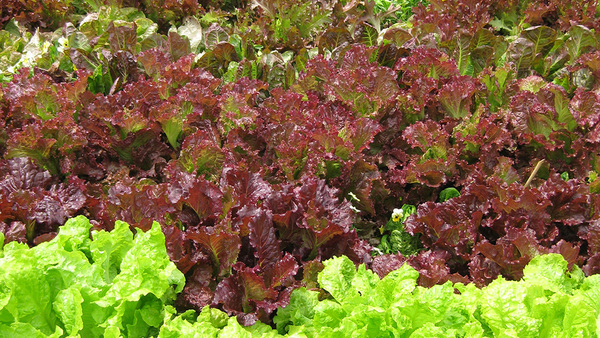

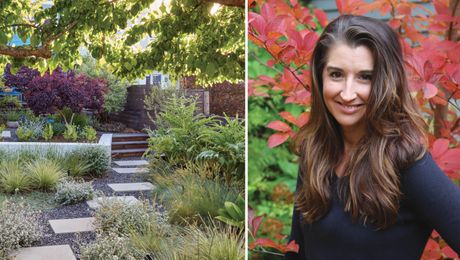
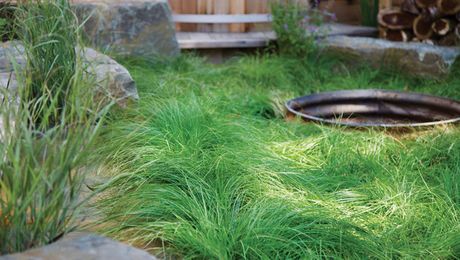










Comments
Log in or create an account to post a comment.
Sign up Log in